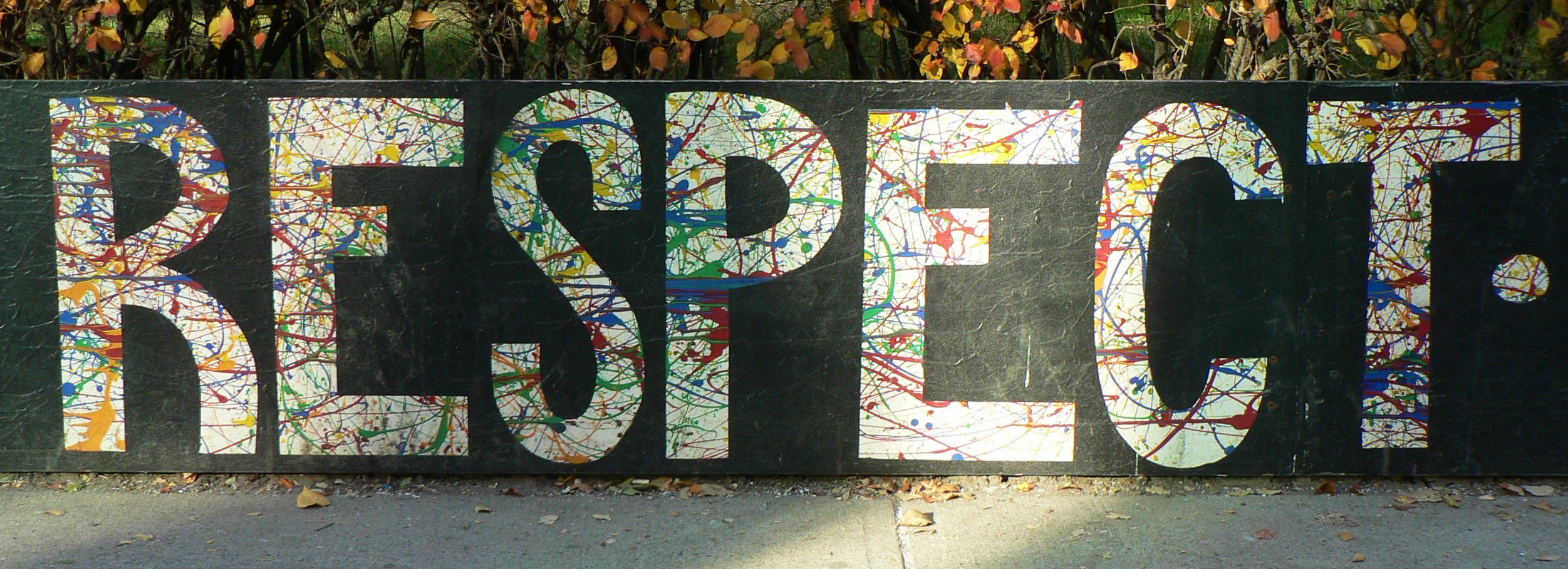You can take charge of your own freedom.
Every day there are heaps of little opportunities to fight back against non-free software. You can speak up and refuse non-free software at school, ask for alternatives at work and and talk to your friends about joining you on free platforms.
Your life is the perfect laboratory for learning how to speak up for yourself and others. Speaking up in smaller situations will help you learn how to be confident and persuasive when there's more on the line.
First: A word about being nervous
When you first started reading this article, maybe you found the words 'but I'm shy!' fall out of your mouth. You might think this article is for those other people -- the ones who always look people in the eye and know exactly what to say in every situation.
But I'll tell you right now that you can be brave enough to be a great activist. It's normal to be nervous if you're not used to speaking up for yourself. You're not alone -- even many adults struggle with voicing their needs. The only way to get over fear is to go for it.
R.E.S.P.E.C.T.

You can't convince anyone without showing them respect. When you're trying to persuade someone, work with them, not against them. Bullying people, making accusations or nagging them is more likely to turn them against you -- and free software -- than it is to convince them to help you out.
Remember: you're probably the first person who has told them about free software. First impressions count, so be the best representative you can be!
Choosing a goal
Don't let me discourage you from trying, but some goals are much harder to achieve than others. Some things aren't going to be possible without a lot of work over a long time.
You're probably not going to convince your school to throw out all their proprietary software any time soon, for example. In most places, the choice of what software is used in school is set by governments who are slow to make changes.
If your school won't change right now, what can you do in the meantime? You can choose a smaller goal: for example, you can ask if you can use free software on your own computer or if you can do your work on paper.
When you make choices about what goals you want to aim for -- if you're not up to taking up a longer fight -- there are two small things you can do if you want success. First, go small. Think carefully about what you want to ask for. Try to find out why things are the way they are and who makes the rules. Secondly, make sure what you're asking for is possible. Is there some reason you might not get what you want? Are there ways you might be able to work around problems?
The art of asking
If you want something, half the battle is just choosing the right person to ask. You need to make sure the person has the power to do what you want.
Actually going ahead and asking can be scary. But it shouldn't be -- you're just chatting. The people you're asking are probably people who know you and want the best for you, so be proud and confident when you ask. Asking for help to live a freer life is something you should be praised for. Don't apologise for your views; own them. The stakes are low, so relax!
You want to make it easy for people to help you. Know what you want and why you want it before you go ask. Be clear and direct about what you need. Don't go into unnecessary detail and respect the other person's time. If there are ways to compromise (say, by borrowing a computer), take them.
It's also important to take no for an answer. Sometimes, what you want just isn't possible. There are lots of reasons why that is. Let's look at them and see what else we can do.
Why people say 'no'
It can feel awful to ask for something and be told 'no'. You might think you've screwed up and embarrassed yourself.
But people might say 'no' without disagreeing with you. Here are some reasons they might not agree to help you:
- They're too busy to help;
- They don't feel like they understand what you're talking about;
- They can't do what you want them to do;
- What you want is against the law;
- There isn't enough time or money.
If you're told no, there are several things you can do. You can think about what you asked for and see if there's a different way to get what you want. You can ask another person who might be better able to help you. You can come up with a different strategy altogether.
You shouldn't let fear of the word 'no' stop you from asking. Very few people are angry about free software. When people ask questions, it's usually because people haven't heard about free software before and they're just a bit curious. Of course, being asked to explain yourself can be even worse. If that happens and you can't take it, find the nearest door and make a run for it!
Changing the world, one chat at a time
When you learn about people changing the world in history class, you tend to hear about great, immortal leaders moving mountains. Making change can seem impossible, and it's normal to feel discouraged.
On August 28 1965, 300,000 people marched on Washington DC for African-American equality. This was the Great March on Washington; the landmark event at which MLK Jr delivered his 'I Have a Dream Speech'; the march that ultimately lead to the passing of the Civil Rights Act.
 The photos from the event are impressive, but they don't show the thousands of little moments of heroism that made it possible. The cameras couldn't capture all the dinner-time conversations, the union-hall speeches or the letters to friends that moved people to join the protest. Without all that work, the march would have been nothing.
The photos from the event are impressive, but they don't show the thousands of little moments of heroism that made it possible. The cameras couldn't capture all the dinner-time conversations, the union-hall speeches or the letters to friends that moved people to join the protest. Without all that work, the march would have been nothing.
Free software might seem a world away from the civil rights movement, but on a practical level we have to do the same work of motivating people to join us.
Even the smallest voices can help us get there. You're more powerful than you think.
Previous: All about encryption
